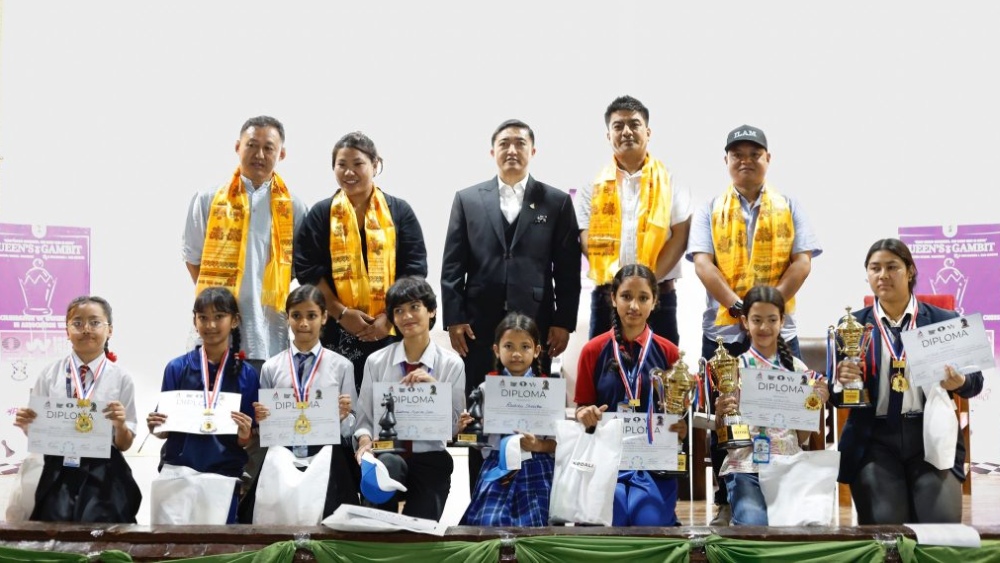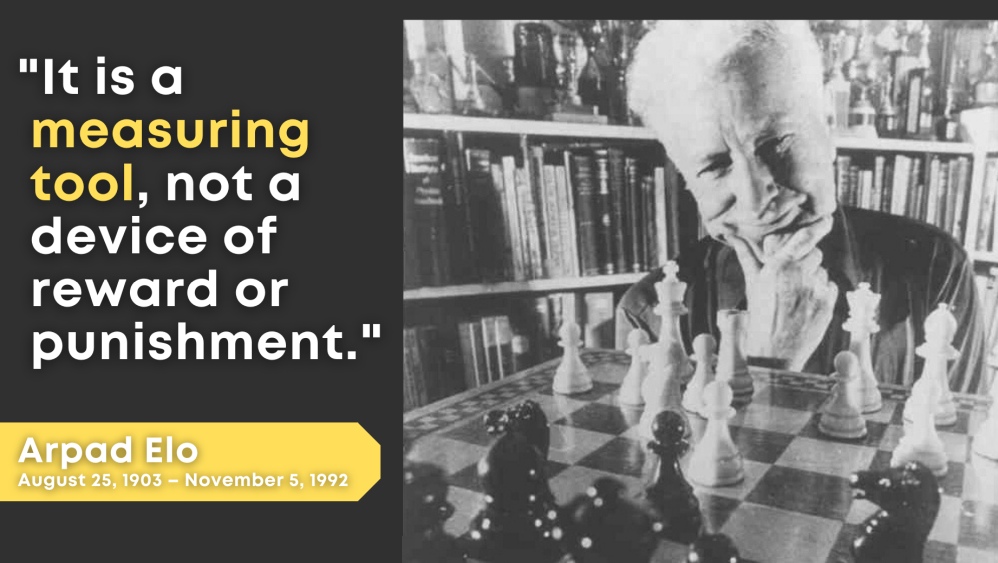Women’s Chess Marathon – Week 3: Asia and Australia сelebrate

The third week of the FIDE Women’s Chess Marathon brought remarkable celebrations across Asia and Australia, showcasing both the breadth of participation and the depth of dedication that define women’s chess worldwide. From one of Nepal’s largest women’s tournaments to celebratory events in Australia, the week illustrated how chess connects and empowers girls and women across generations and continents. Nepal: A Historic Celebration of Women’s Chess In Nepal, the Himalayan Chess Academy staged one of the largest women’s and girls’ tournaments ever held in the country. Organised with the active support of Monalisha Khamboo, member of the FIDE Commission for Women’s Chess, the event brought together an impressive 142 players, aged between 5 and 67. The scale and diversity of participation made the tournament a true festival of chess, where both rising talents and experienced players found their place. After an inspiring day of competition, Precious Adhikari emerged as Champion, with Nihana Shrestha taking second place and Reshika Shrestha securing third. Prizes were awarded across multiple categories, from U-10 to veterans, underlining the inclusive nature of the event. From the youngest players like Anisma Tamang (U-10) to veterans such as Rukmani Jimi (S-50+), each participant’s achievement was recognised. Special prizes for sportsmanship, rising players, and most improved competitors highlighted the spirit of encouragement and community. The tournament also drew extraordinary support from across sports, culture, and education. Among the distinguished guests were: Palesha Goverdhan, Paris 2024 Paralympic bronze medalist Father Thomas Augustine, Principal of St. Xavier College Dipendra Lama, renowned Film Director Member Secretary of the Nepal Sports Council Dipen Rai, Senior Vice President of the Nepal Chess Federation Dinesh Maharjan, Chairman of Kathmandu Metropolitan City – 4 Surendra Kumar Rai, President of Koshi Province Chess Association Gehendra Bahadur Chand, Vice Principal of St. Xavier College This landmark tournament set a new benchmark for women’s chess in Nepal, reflecting the spirit of the Women’s Chess Marathon: inclusivity, opportunity, and the celebration of women’s potential through chess. Australia: Inspiration Across Generations In Australia, the Women’s Chess Marathon became a true celebration across schools, blending large-scale participation with inspiring role models and a remarkable coaching legacy. From a record-breaking interschool girls’ tournament to a lecture by a former World Juniors representative and a simultaneous exhibition by the country’s top female player, the week highlighted the strength of women’s chess at every level. August 12 – The Korowa Anglican Girls School CV Zonal Tournament attracted an impressive 120 girls from Prep to Grade 12, making it one of the largest interschool girls’ events in the country. The tournament showed the enthusiasm and growing talent of young Australian players, with all participants receiving official certificates from the FIDE Commission for Women’s Chess. August 19 – Former participant of Oceania Women’s Zonal tournament Andjelija Zivanovic spoke to students at Lauriston Girls School, sharing her personal journey in chess and inspiring the youngest generation, including her own daughter who now plays at the school. August 21 – WGM Julia Ryjanova, Australia’s top female player, delivered a lecture and a simultaneous exhibition against 24 students at Lauriston, impressing all with her focus and skill. The celebrations also recognised the remarkable contribution of Leonid Sandler, who has coached at Lauriston for 25 years. Global Marathon, Shared Spirit Together, the events in Nepal and Australia exemplify the essence of the FIDE Women’s Chess Marathon: creating opportunities for participation, celebrating achievements, and connecting a community of girls and women in chess – in a safe atmosphere of inspiration and growth. From record-breaking participation in Nepal to the celebration of long-term dedication in Australia, Week 3 of the Marathon highlighted the strength, diversity, and potential of women’s chess. FIDE and FIDE Commission for Women’s Chess warmly congratulate and thank the organisers, players, and supporters in both countries for their inspiring contributions. Their efforts are the key to growing chess communities of girls and women worldwide. A special thank-you goes to Monalisha Khamboo, member of the FIDE Commission for Women’s Chess and Leonid Sandler, a long-time supporter of women’s chess and a coach in our initiatives – New National Female Team & Queen’s Gambit Challenge.
Anniversary of Arpad Elo – rating system that changed chess world

122 years ago, Arpad Emmerich Elo—a physicist, chess master, and pioneer of the rating system—was born. A native of the Kingdom of Hungary, he moved with his parents to the United States in 1913, later earning his BSc (1925) and MSc (1928) degrees from the University of Chicago. From 1926 until his retirement in 1969, Elo taught physics at Marquette University in Milwaukee. By the 1930s he was the city’s strongest chess player, at a time when Milwaukee was one of the nation’s leading chess hubs. He won the Wisconsin State Championship eight times and was the 11th person inducted into the World Chess Hall of Fame. A system for a new era The dawn of the 1970s brought a wave of technological breakthroughs. The debut of the commercial microprocessor marked a new era, and the invention of the pocket calculator in 1970 proved particularly significant for chess. It greatly simplified the work of the FIDE Qualification Commission, which had to handle a rapidly growing number of rating calculations. That same year, FIDE officially adopted Elo’s system for calculating chess ratings. Elo pioneered this rating system, which the US Chess Federation first implemented in 1960. A player’s Elo rating is a numerical measure of past performance, adjusted based on the game’s result, aligning with expected outcomes. For example, if you are rated 200 points higher than your opponent, you are expected to score about 75% of the points in head-to-head games. Meeting that expectation keeps your rating stable; exceeding it raises your rating; underperforming lowers it. Originally designed for chess, the Elo system has since been used in football, baseball, basketball, and other sports. Legacy and evolution In 1971, FIDE published its first rating list. Bobby Fischer topped it with 2760—the only player above 2700—followed by reigning World Champion Boris Spassky at 2690. Thirteen other grandmasters were above the 2600 mark. The publication frequency of the FIDE rating list has changed over time. From 1971 to 1980, only one list was issued per year. This has gradually increased to the current standard of monthly updates. Ratings have generated fascinating statistics. The highest rating ever achieved belongs to 16th World Champion Magnus Carlsen, who reached incredible heights of 2882. Only 14 other players in history have crossed the 2800 threshold. To qualify for the grandmaster title, a player must reach a rating of 2500. Today’s FIDE rating system continues to evolve, considering numerous factors to adapt to the modern game. A major 2024 update, for instance, addresses rating inflation associated with a rapidly growing base of new players, particularly children and beginners with low starting ratings.

